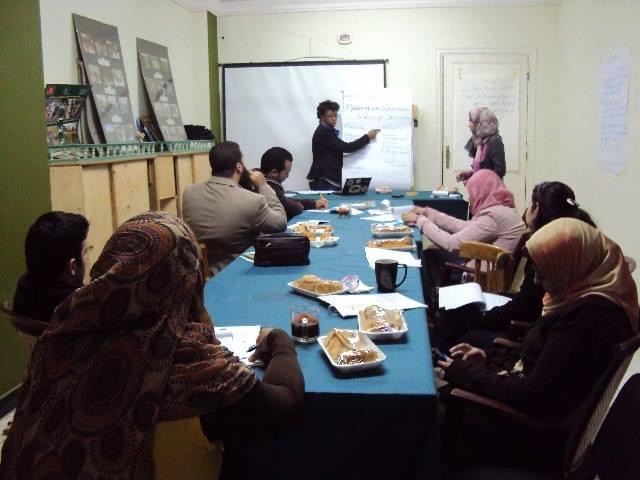Enhancing Organizational Capacity through Results-Based Monitoring and Evaluation in Egypt
Introduction
I recently had the privilege of conducting a 14-day assignment in Egypt, where I facilitated certification training workshops aimed at enhancing the capacity of associations in monitoring and evaluation (M&E). The workshops, titled “Implementing a Results-Based M&E System” in Fayoum and “Results-Based M&E Planning” in BaniSuif, were designed to empower participants with the skills necessary for effective M&E practices. Let me walk you through the activities undertaken and their potential impact.
Workshop Highlights
Implementing a Results-Based M&E System in Fayoum
In Fayoum, my focus was on building the capacity of FAODA members to implement a Results-Based M&E System. Throughout the training, participants engaged in discussions on formulating outcomes, selecting indicators, gathering baseline data, setting targets, and analyzing results. It was truly inspiring to witness the interactive sessions where participants delved into the importance of outcomes, indicator selection, and monitoring principles.
Results-Based M&E Planning in BaniSuif
Moving on to BaniSuif, the training targeted Nahdet BaniSuif Foundation members, with the goal of enhancing their capacity to design M&E systems for sustainable development programs. Together, we explored monitoring and evaluation concepts, developed M&E frameworks, and discussed evaluation methodologies. The enthusiasm and engagement of participants in understanding evaluation benefits and developing indicators were truly remarkable.
Major Accomplishments
The workshops yielded significant achievements, as participants transitioned from limited knowledge to confidently articulating M&E concepts and constructing effective M&E work plans. Witnessing this transformation firsthand underscored the success of the training in building foundational M&E competencies among participants.
Recommendations for Further Improvement
To ensure sustained effectiveness, I recommend follow-up training focusing on areas such as designing M&E tools, establishing data collection and analysis guidelines, clarifying roles and responsibilities, ensuring quality control, and promoting transparency. Addressing these aspects will further strengthen the capacity of participants and foster organizational sustainability.
Anticipated Impact
I am optimistic about the profound impact of the training on participating organizations. By embracing modern management practices and implementing robust M&E systems, organizations have the potential to enhance their effectiveness, innovation, and accountability. The adoption of results-based M&E work plans will streamline program planning and project development, leading to increased transparency and relevance of information. Ultimately, these efforts will contribute to the long-term sustainability of organizations beyond individual projects.
Conclusion
Conducting the certification training workshops in Fayoum and BaniSuif was a fulfilling experience. As organizations continue to implement and refine their M&E systems, they are poised to make meaningful contributions to their communities and beyond. I am proud to have been a part of their journey towards enhanced organizational capacity and sustainable development in Egypt.
Discover more from DG Speaks
Subscribe to get the latest posts sent to your email.



